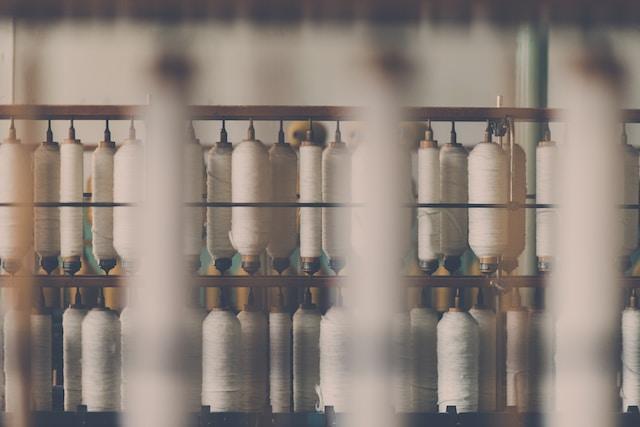
Sustainability in Textile Exports: A Growing Trend
Sustainability has become an increasingly important topic in recent years, as people around the world become more aware of the impact of their actions on the environment. This is especially true in the textile industry, which is one of the largest polluters in the world.
Thus, many textile exporters are now emphasizing sustainability as a means of differentiating themselves from their competitors and being able to fulfill the demands of eco-friendly customers.
Making the Export Industry More Sustainable
Eco-Friendly Materials Are Used
Using eco-friendly materials is one way textile exporters can become more sustainable. For example, cotton is a popular textile fiber, but conventional cotton farming requires large amounts of water and pesticides.
Organic cotton, on the other hand, is grown without the use of harmful chemicals and uses less water. Textile exporters can also use other eco-friendly materials such as bamboo, hemp, and recycled polyester.
Enhancing Manufacturing Processes
Another way that textile exporters can become more sustainable is by improving their manufacturing processes. This includes reducing waste, conserving water and energy, and using eco-friendly dyes and finishes. Textile exporters can also implement recycling programs to reduce waste and reuse materials whenever possible.
Consideration of Social Sustainability
In addition to these environmental considerations, textile exporters can also focus on social sustainability. This means ensuring that workers are treated fairly and paid a living wage, and that their working conditions are safe and healthy. Textile exporters can also work with local communities to support economic development and improve social conditions.
Exporters must communicate their sustainability efforts to customers as the trend toward sustainability in textile exports grows. This can be done through eco-labels and certifications, as well as by sharing information about the materials and processes used in production. Thus, textile exporters can appeal to more eco-friendly customers while contributing to a sustainable future.
In Conclusion
sustainability is a growing trend in textile exports, driven by increasing environmental and social awareness. By using eco-friendly materials, improving manufacturing processes, and focusing on social sustainability, textile exporters can differentiate themselves and meet the demands of customers who are looking for sustainable options.
As a consumer, it’s important to support companies that prioritize sustainability in their operations, and as a textile exporter, it’s important to prioritize sustainability in order to stay competitive and contribute to a better world.
If you’re looking for a sustainable textile export partner, look no further than Vatsal Exports. Our commitment to sustainability is evident in our use of eco-friendly materials, efficient manufacturing processes, and fair labor practices.
Contact us today to learn more about our sustainable textile products and services.

